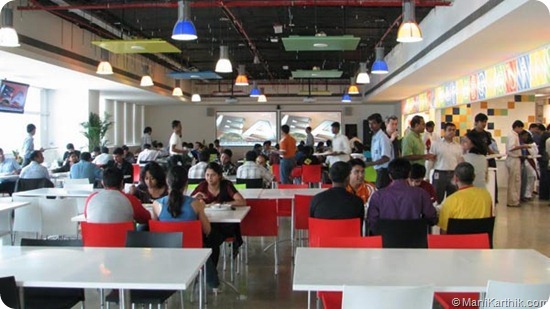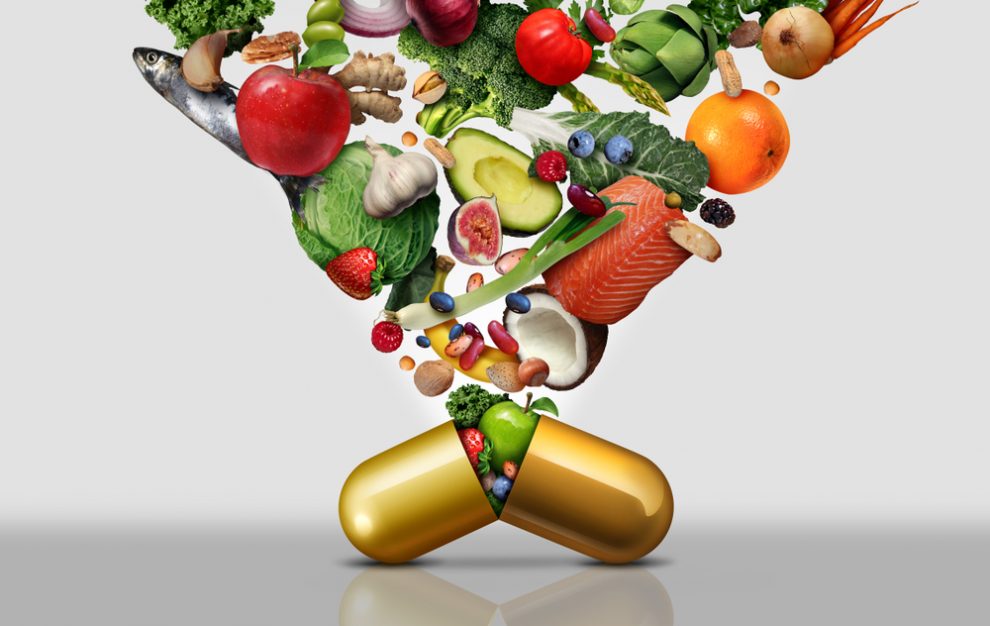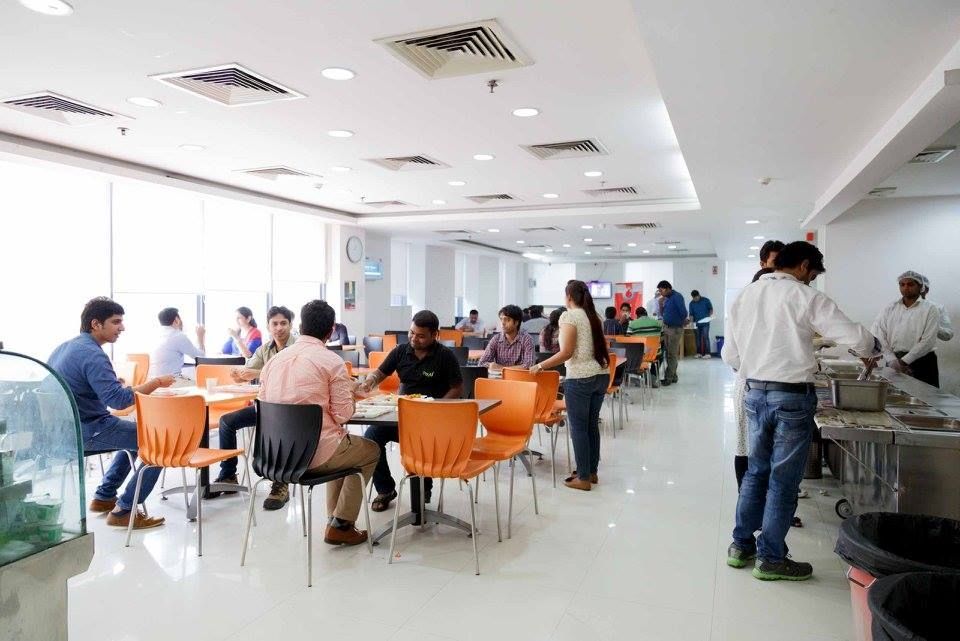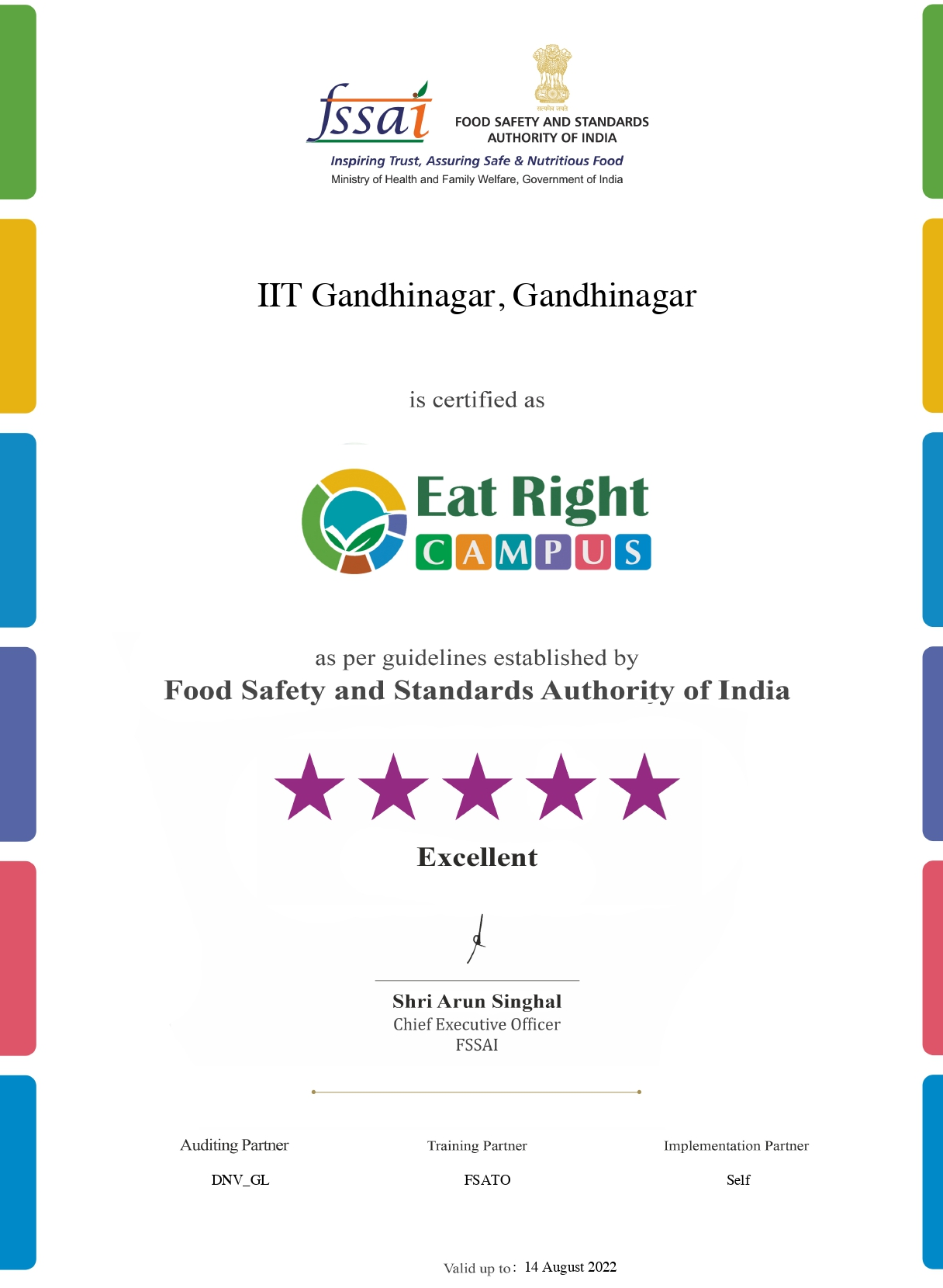The 'Eat Right Campus' initiative led by FSSAI aims to promote safe, healthy and sustainable food in campuses such as universities, colleges, workplaces, hospitals, tea estates etc. across the country. The objective is to improve the health of people and the planet and promote social and economic development of the nation.


In today's fast-paced environment, a large number of working professionals and students are spending the majority of their time at the workplace or college campus. The long working hours, classes or client meetings and short deadlines are only increasing the time spent in these places with little time left for eating healthy or exercising.
Hospitals and tea estates have workers who spend long hours working, often at the cost of their health. Most people eat at least one meal in these campus settings, if not more. While some individuals bring packed lunches from home or use home-based services like the dabba-system others use catering and food delivery services. Many people also visit restaurants, cafes and food vendors in or near the campus area.
Eating safe and healthy food is critical in the context of the rising number of food borne diseases, deficiencies of micronutrients like vitamins and minerals and non-communicable diseases (NCDs) like hypertension, diabetes and heart related diseases.
In India, 196 million Indians are undernourished1.
At the same time, 135 million are overweight or obese2 putting them at risk for high blood pressure, heart disease and diabetes. The number of cases of food borne illnesses is expected to rise from 100 in million in 2011 to 150 - 177 million in 20303. This will directly impact the ability to absorb nutrients, fight infection, rendering millions vulnerable to a host of diseases.

In addition, the current food production and consumption practices are threatening the environment and the future of our planet. Food production is responsible for up to 30% of global greenhouse-gas emissions contributing to global warming4. Global food waste accounts for 6.7% of global greenhouse gas emissions, directly leading to climate change5. This underlines the need to focus on preventive healthcare through ensuring safe and healthy food in an environmentally sustainable way for everyone, wherever they are- at home, at the workplace, in school or outside.
Inspired by the focus on preventive and promotive healthcare in the National Health Policy 2017 and flagship programmes like Ayushman Bharat, POSHAN Abhiyaan and Swachh Bharat Mission, the Food Safety and Standards Authority of India (FSSAI) has embarked on a large-scale effort to transform the country's food system in order to ensure safe, healthy and sustainable food for all Indians through the 'Eat Right India' movement.
Eat Right India aims to transform India's food safety and nutrition environment through a judicious mix of regulatory, capacity building, collaborative and empowerment approaches, thereby protecting and advancing public health and improve the quality of life across all walks of life. The tagline 'Sahi Bhojan Behtar Jeevan' thus forms the foundation of this movement. The Eat Right India movement is based on three key themes/pillars - Eat Safe, Eat Healthy, and Eat Sustainable. Along with traditional regulatory actvities to ensure safe, healthy and sustainable food for all, it also focuses on capacity building and social and behaviour change for all stakeholders viz. food businesses as well as consumers.

In order to ensure safe, healthy and sustainable food for all citizens wherever they are, Eat Right India has taken a 'settings-based' approach, with specific programmes for workplaces, schools, eating out etc. As a part of Eat Right India, the Eat Right Campus initiative has been launched for colleges, universities, institutions, workplaces, hospitals, jails and tea estates to support them to ensure safe, healthy and sustainable food for the people who spend the majority of their time in these campuses.

While the Eat Right Campus initiative is not mandatory to adopt, it can provide immense benefits to the campus and the individuals in the campus not only in terms of health but also economics. Safe, healthy and sustainable food in the campus would reduce the incidence of food borne illnesses, deficiency diseases and non-communicable diseases among the people in the campus. This means less absenteeism and loss of working hours and greater wellbeing, motivation and productivity of people. This would also reduce the burden of healthcare costs for the workplace, institution, hospital, jail or tea estate. All these factors would ultimately result in economic benefits to the campus. In addition, being recognized as an Eat Right Campus would increase the prestige and brand value of the campus, making it attractive for prospective students, employees etc. Last but not the least, this would also inspire other campuses to promote safe, healthy and sustainable food, thus resulting in the overall development of the country.
Benchmarks have been created on four different parameters based on which campuses are evaluated and certified as 'Eat Right Campus'. These parameters include food safety measures, steps to ensure provision of healthy and environmentally sustainable food and building awareness among the individuals in the campus to make the right food choices. A detailed checklist has been created based on these parameters, outlining the best practices to be followed by the campus. These practices include mandatory steps such as licensing and registration of food service providers in the campus and compliance to food safety and hygiene standards as per Schedule 4 of the Food Safety and Standards (FSS) Act, 2006. It also includes steps to create an environment of safe, healthy and sustainable eating habits such as promoting local and seasonal food, limiting unhealthy food choices and mass awareness activities.
Once enrolled in this programme, a campus first undergoes a self-assessment or a third-party audit by an FSSAI empaneled agency based on this checklist to identify gaps and areas of improvement. The campus administration then takes steps to address these gaps. A critical step of this process includes training of Food Safety Supervisors and food handlers in the campus through FSSAI's Food Safety Training and Certification (FoSTaC) Programme. Once these improvements are made, the campus undergoes a third-party audit by the same FSSAI-empaneled agency and is given a rating on a five-star scale.
If a campus scores three or more stars, it is certified as an 'Eat Right Campus'. The certification is valid for two years. In order to ensure that these best practices continue, the campus appoints a nodal person to oversee these efforts. Food Safety Department or audit agencies may carry out regular inspections to ensure quality control until the certification is renewed.

In order to guide and support campuses across the country to adopt this programme, various resources have been created. A comprehensive resource book, 'The Orange Book', has been developed in consultation with experts in the area of food safety and nutrition. This book explains how to implement the best practices outlined in the checklist and provides various additional suggestions to improve the standard of food in the campus. It also contains useful tips for individuals in the campus on healthy eating habits and making the right food choices. In addition to this book, IEC materials such as posters and videos have been created for mass dissemination.